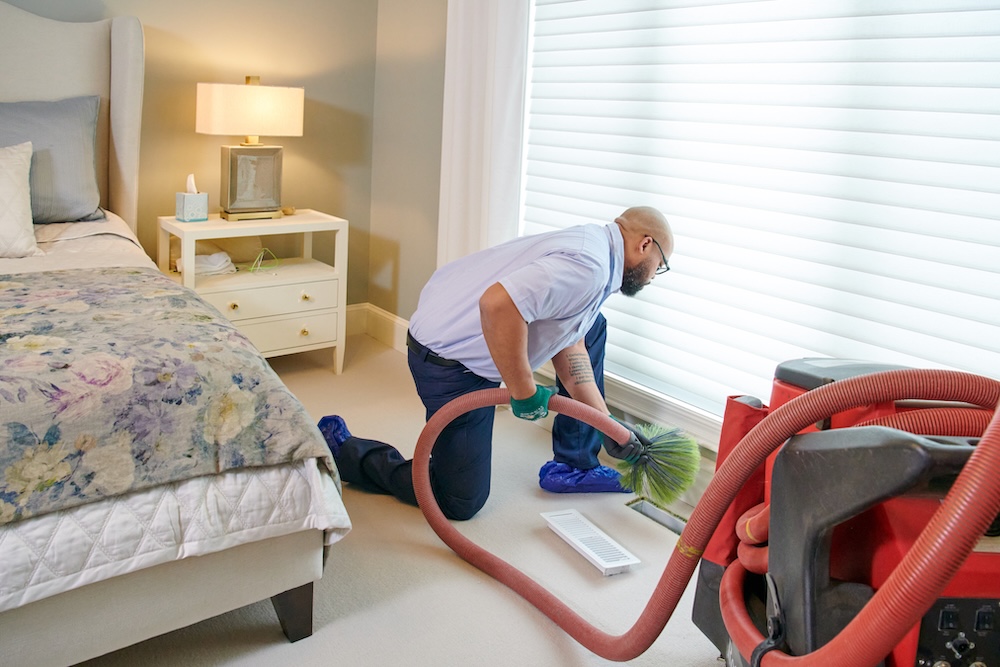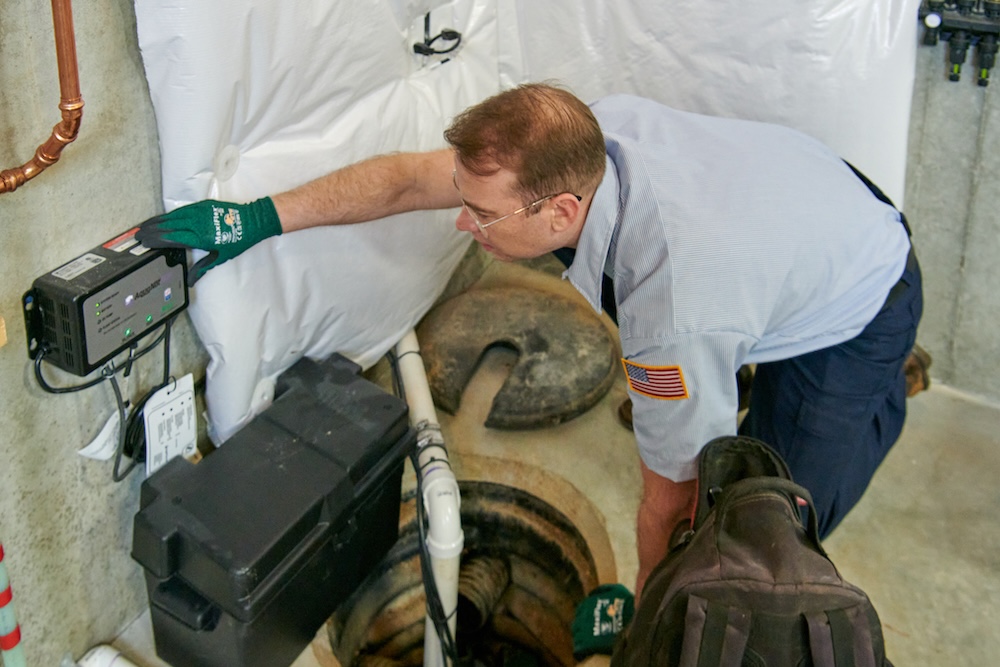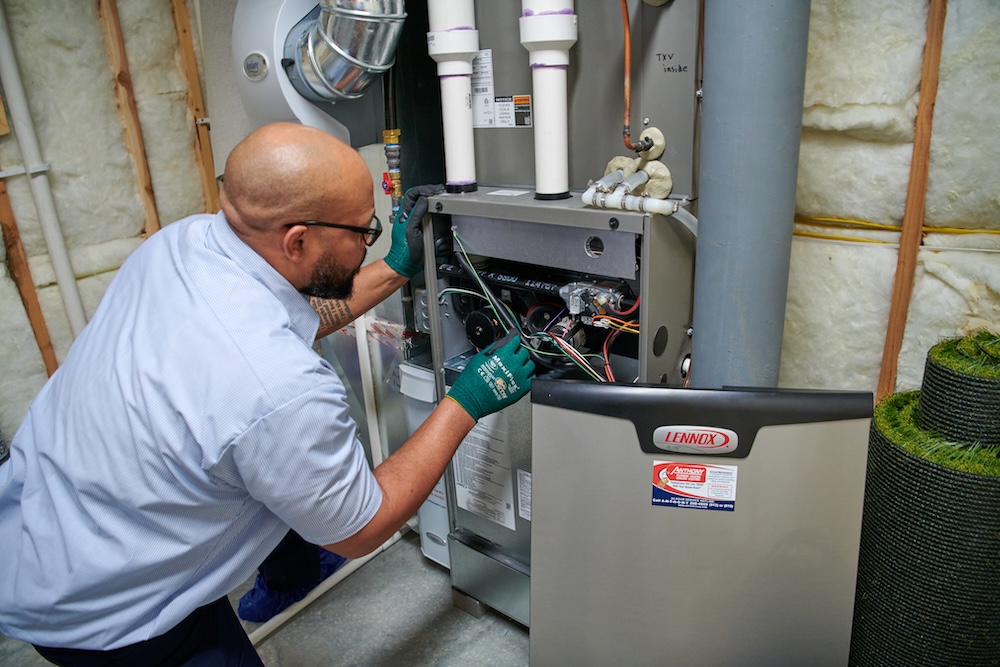BLOG
What is a Plumbing Tune Up?
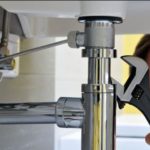
We all take our plumbing for granted when it works, but when it doesn’t work it can be inconvenient, frustrating and costly. Did you know that you can keep your home’s plumbing in great shape and avoid costly problems with a plumbing tune up? What is a plumbing tune up, you ask?
There are many steps that can be included in a professional plumbing tune up, but we will cover the more important steps here.
Check the water pressure and adjust if needed
Several factors can cause your water pressure to change, including leaks, clogs, or issues with municipal water suppliers. Water pressure that is too high can damage seals, cartridges, faucets, appliances and water heaters.
Having your water pressure checked once a year by an expert Anthony PHC plumber safeguards these items and prevents expensive repairs and replacements. But if you hear your pipes banging don’t wait, have your water pressure measured right away – this is called water hammer, and it can happen when the water pressure is too high.
Remember that high water pressure also increases your water usage and costs you more on your water and sewer bills.
Check for leaks and repair if needed
Even a small leak can increase your water bill significantly, not to mention damage your walls, cabinets and floors. Leaking faucets are easy to spot, but our expert Anthony PHC plumbers check for hidden water damage caused by leaking water behind cabinet doors and appliances.
They also check washing machine hoses for bulges – a bulging washer hose can burst and cause a lot of money in water damage, especially if you are away from home for an extended period and not around to notice the leak.
If you leave your home for extended vacations, consider having our plumbers install an Anthony Water Guardian water leak detection system that will alert you of damaging leaks via your cell phone, and automatically shut the water off to your home, preventing damage.
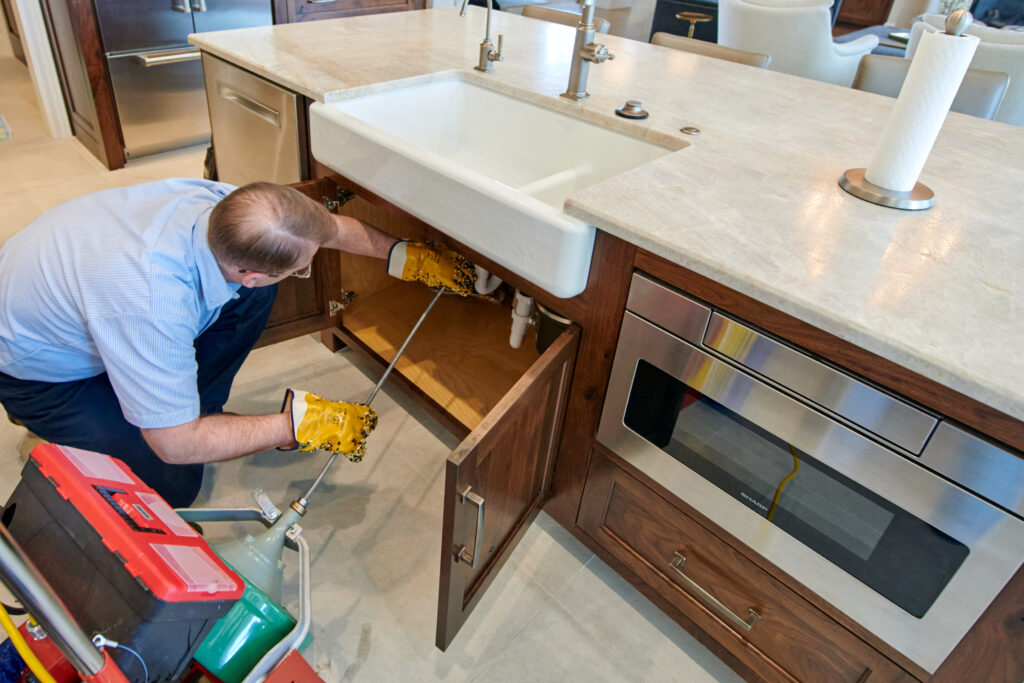
Unclog faucets, drains and sewers
Over time, faucets can get clogged by mineral deposits and debris which restrict water flow. Cleaning the aerator in your faucets regularly prevents this. Fixtures that don’t have aerators will benefit from a good vinegar soaking to help remove mineral scale and improve water flow.
Remember that mineral scale deposits build up in drain pipes as well, along with hair, grease and other debris. Our expert Anthony PHC plumbers will inspect slow-moving drains and cable them to release partial blockages.
Some homeowners find periodic sewer mainline rodding helpful to prevent blockages caused by tree roots.
Condition or soften your water
As mentioned above, mineral scale buildup from hard water can clog your faucets and drains, but it can also damage your water heater, dishwasher, coffee pot and other appliances. If you haven’t yet incorporated a conditioning or softening system into your home’s plumbing, you should consider doing so.
“Tuning up” your water by removing hardness can extend the life of your pipes, fixtures and appliances and save you money and plumbing problems.
Our expert Anthony PHC plumbers will test the hardness of your water and review the best water conditioning options for your home and your family.
Inspect and test your sump pump and battery backup sump pump
Our expert Anthony PHC plumbers will inspect and test your sump pump as well as your battery backup system. The alignment of each pump’s float is critical for proper operation.
Any debris in the sump pit will be removed and the discharge piping will be properly secured as well as tested. Systems that infrequently operate are subject to clogs in the discharge piping which renders the pump useless.
Neglecting to provide periodic maintenance to a sump pump can void your on your homeowners insurance, leaving you with no coverage for water damage caused if your sump pump fails.
Our expert Anthony PHC plumbers will perform these inspections and maintenance for you, and document their work to satisfy your homeowners insurance.
Water heaters need a yearly tune-up
Your water heater will live a long life if it is tuned up annually. Traditional tank water heaters need to be drained and flushed to remove mineral deposits. Tankless water heaters must be yearly maintained to remove scale build-up.
Our expert Anthony PHC plumbers will perform both of these tasks, as well as check and clean the burner, make sure the combustion bi-products are venting properly, and test your gas pipe connections to make sure no gas is leaking.
Anthony PHC’s A.S.A.P. plumbing membership adds peace of mind
As you can see, caring for and maintaining your plumbing is a big job, and an important one, to save your money and your family’s health. The best way to stay on top of your home’s plumbing needs is with a low-cost Anthony Service Agreement Program plumbing membership.
Anthony PHC customer care staff will call you to schedule this yearly service so you don’t have to think about it, and your expert Anthony PHC plumber will take care of all the maintenance and inspections for you.
We have heating and cooling memberships available as well. Call us today at A-N-T-H-O-N-Y (268-4669) KS or MO.
The Anthony PHC’s A.S.A.P. plumbing membership includes the following annual maintenance steps:
10-point water heater tune up:
- Check the water shut-off valve for proper operation
- Test temperature and pressure safety relief valve
- Drain water from the tank to flush out sediment and replace the drain valve if necessary
- Inspect the anode rod if accessible
- Check the water pressure at the tank and install an expansion tank if needed
- Clean burner or lint chamber on FVIR water heater
- Check the thermocouple and clean it if necessary
- Check for gas leaks
- Check for proper drafting of vent gases and integrity of the venting system
- Check for visible corrosion and stability of the tank base
- Dye-test all toilets and check all toilet connections and seals for tightness
- Check all faucets for proper operation and clean faucet screens
- Test the sump pump and battery backup sump pump for proper operation
- Inspect all exposed drain pipes and floor drains
- Inspect all gas piping and valves
- Install safety identification labels on plumbing valves and piping
- Check garbage disposer, dishwasher, clothes dryer and washing machine connections



